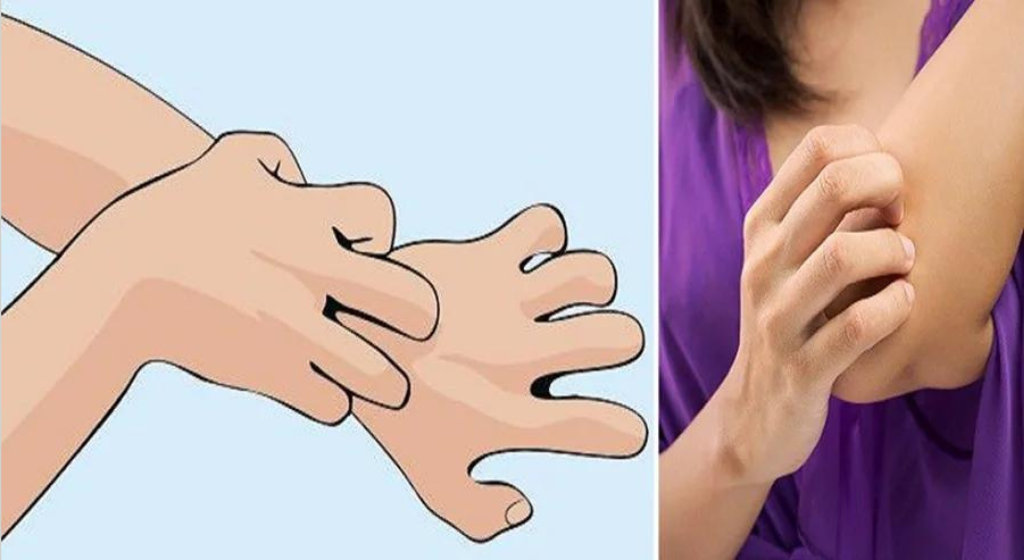Recognizing Early Signs of Cancer
In its initial stages, cancer can present symptoms that are similar across various types, including unexplained weight loss, persistent fatigue, and fever.
Early symptoms of cancer often resemble those of less severe health issues. However, being aware of these symptoms and recognizing them early can significantly improve a person’s chances of recovery. Early diagnosis and treatment of cancer enhance the likelihood of successful healing.
This article explores potential early signs and symptoms of cancer.
Understanding Signs vs. Symptoms
The terms “signs” and “symptoms” are frequently used interchangeably, but they have distinct meanings:
- Signs: Observable or measurable indicators that a healthcare professional can assess, such as fever or bleeding.
- Symptoms: Subjective experiences reported by the patient that are not easily measurable, like fatigue or pain.
Common Symptoms of Cancer
The growth of cancerous tumors exerts pressure on organs, blood vessels, and nerves, affecting the body’s energy balance and immune response. Here are some potential early warning signs and symptoms of cancer:
- Significant Unexplained Weight Loss: Changes in appetite or daily activity levels can be among the first indicators of cancer.
- Persistent Fatigue: Feeling unusually tired without a clear reason, particularly if it doesn’t improve with rest, can be a concerning symptom.
- Severe Night Sweats: Excessive sweating during the night that is unusual and intense may signal underlying issues.
- Chronic Pain: While pain can stem from various health concerns, ongoing, unexplained pain can be a critical warning sign of cancer.
- Recurrent Fever: A fever that occurs frequently without other signs of infection warrants attention.
- Unusual Swellings or Lumps: Any noticeable lump in areas such as the neck, underarm, breast, or abdomen should be evaluated by a doctor immediately.
Cancer Symptoms by Type
Cancer encompasses over 200 distinct types, many of which share common symptoms. However, certain signs can indicate specific cancers. Here’s a breakdown of symptoms associated with particular types:
Breast Cancer Symptoms
Signs that may suggest breast cancer include:
- A lump in the breast or underarm area.
- Changes in the skin of the breast or nipple, such as wrinkling, scaling, or redness.
- Unusual discharge from the nipple.
Prostate Cancer Symptoms
Symptoms indicative of prostate cancer often include:
- Pain or difficulty during urination.
- Urinary incontinence.
- Blood present in urine or semen.
- Pain during ejaculation.
- Erectile dysfunction.
Skin Cancer Symptoms
Key signs that may point to skin cancer include:
- Peeling skin in specific areas.
- Changes in a mole’s color, shape, or size, including irregular edges, or the presence of discharge or blood.
- Development of a fleshy lump.
- An ulcer that does not heal.
Lung Cancer Symptoms
Common symptoms associated with lung cancer include:
- A persistent cough lasting for an extended period without an underlying infection, sometimes accompanied by blood.
- Shortness of breath, occurring frequently and unusually.
- Hoarseness or a change in voice without a clear cause.
- Blood in sputum.
Digestive System Cancer Symptoms
Cancer can affect various parts of the digestive system, leading to the following symptoms:
- Esophageal Cancer: Difficulty swallowing solid foods, unexplained weight loss, coughing, and hoarseness.
- Stomach Cancer: Loss of appetite, blood in the stool, feeling full after small meals, nausea, and vomiting that may include blood.
- Colon and Rectal Cancer: Blood in the stool, a sensation of fullness or bloating, abdominal pain and cramps, and unexplained weight loss.
Cancer Symptoms in Women
Certain cancers specifically affect women, particularly those related to the female reproductive system, such as uterine, cervical, and vaginal cancer. Alongside general symptoms, women may notice specific signs, including:
- Vaginal bleeding
- Abnormal vaginal discharge
- Pain during intercourse
- Difficulty urinating
- Prolonged changes in appetite
Cancer Symptoms in Men
Men can also experience cancers unique to their reproductive system, including testicular, prostate, and penile cancer. Symptoms indicative of these conditions may include:
- Lumps or masses in the testicles or penis
- Pain during ejaculation or urination
- Difficulty urinating
- Enlarged prostate
- Scrotal pain
- Discomfort in the groin or lower back
- Blood in urine or semen
Symptoms of Cancer Spread
When cancer cells metastasize, they can affect various organs, leading to different symptoms based on the area involved, such as:
- Headaches, seizures, or dizziness if the cancer has spread to the brain
- Bone pain or fractures if it has spread to the bones
- Abdominal swelling or jaundice if it has reached the liver
Recognizing Cancer Symptoms
There are key characteristics that may help distinguish cancer symptoms from those of other health issues:
- Persistence: Symptoms that last without improvement, such as a cough lasting over three weeks, should prompt a medical consultation.
- New Symptoms: The emergence of unusual symptoms can be a warning sign that something is wrong, as individuals often recognize changes in their health.
- Unexplained Symptoms: Noticing a mass or tumor without a clear reason warrants further investigation.
It’s important to remember that having any of these symptoms does not necessarily indicate cancer. However, awareness and early consultation with a healthcare professional are crucial if symptoms persist or recur after an initial visit.

